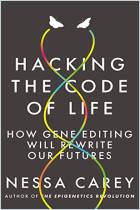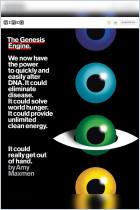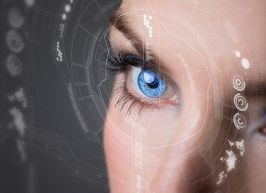Rejoignez getAbstract pour lire le résumé !

Rejoignez getAbstract pour lire le résumé !
Steve Mao, Valda Vinson, Gavin J. Knott, Jennifer A. Doudna, Fahim Farzadfard, Timothy K. Lu, Yifan Cheng, Yaron M. Sigal, Ruobo Zhou and Xiaowei Zhuang
Power Couple: Science and Technology
Science, 2018
Aperçu
Like debate partners, science and technology refine each other so both can achieve greatness.
Recommendation
At least since the printing press led to the discovery of cells, advances in technology have led to discoveries in biology. This special section of Science magazine describes astounding examples of how science and technology dance together and spur one another on. DNA writing and editing, along with advances in microscopy and increased computing power, have yielded ever more accurate pictures of the molecular landscape inside cells. These articles will engage and inspire scientists and technologists alike.
Summary
About the Authors
Authors include Steve Mao, Valda Vinson, Gavin J. Knott, Jennifer A. Doudna, Fahim Farzadfard, Timothy K. Lu, Yifan Cheng, Yaron M. Sigal, Ruobo Zhou, and Xiaowei Zhuang.




















Comment on this summary